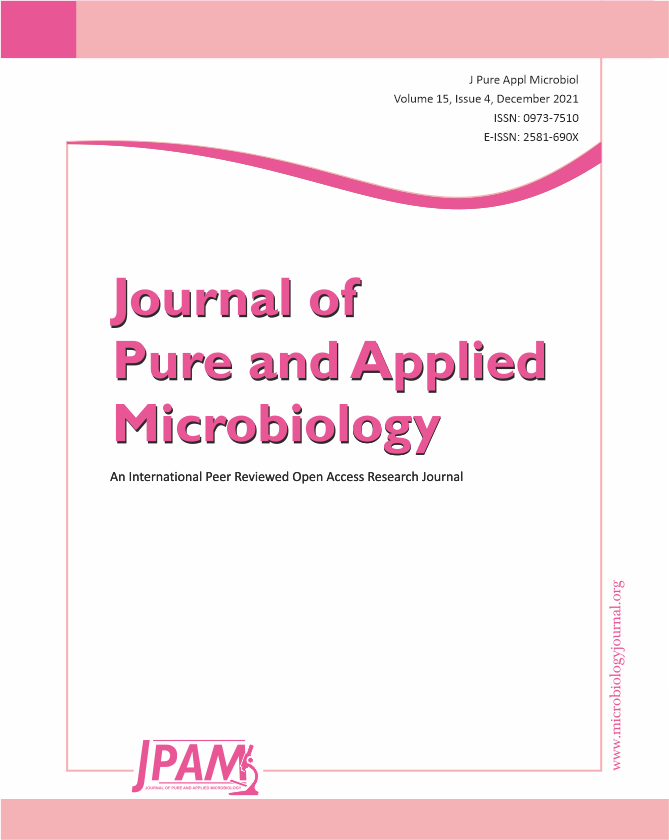Insights into the molecular pathogenesis of respiratory viral infections were investigated using serum and peripheral blood from patients with clinical syndromes. Signatures of expression of cytokines, genes and apoptotic proteins that discriminate symptomatic individuals from healthy individuals were determined among 21 patients. In symptomatic patients, significant upregulation of IL-1β, IL-2, IL-4, IL-6, IL-8, IL-12, IL-15, TNF-a and IFN-g (P<0.05) was noted, while IL-10 was significantly downregulated (P<0.05). This is accompanied by either up or down-regulation of various pro-apoptotic and anti-apoptotic markers, suggesting a protective role of immune responses against viral infection and the capacity of viruses to subvert host cell apoptosis. Gene expression analysis for both T and B cells were categorized according to their functional status of activation, proliferation, and differentiation. Of note, genes SH2D1A and TCL1A were upregulated only in rhinovirus samples, while PSMB7, CD4, CD8A, HLA-DMA, HLA-DRA and CD69 were upregulated in samples of Flu A and RSV but were not significant in samples of rhinovirus as compared to healthy individuals. These results demonstrated Flu A and RSV elicit different alterations in human peripheral blood gene expression as compared to rhinovirus. Overall, despite the small number of study subjects, the current study for the first time has recognized signature genes, cytokines and proteins that are used by some respiratory viruses that may serve as candidates for rapid diagnosis as well as targets for therapeutic interventions.
PBMC, cytokines, respiratory viruses, gene expression
© The Author(s) 2021. Open Access. This article is distributed under the terms of the Creative Commons Attribution 4.0 International License which permits unrestricted use, sharing, distribution, and reproduction in any medium, provided you give appropriate credit to the original author(s) and the source, provide a link to the Creative Commons license, and indicate if changes were made.


